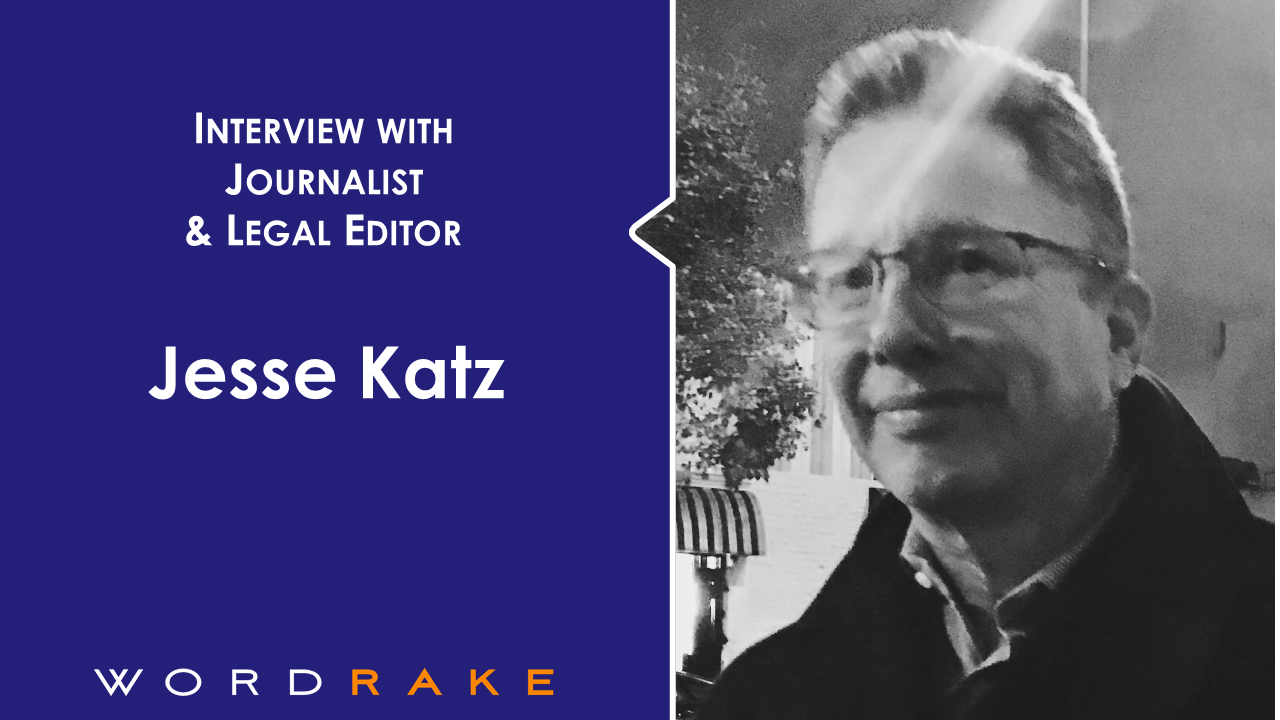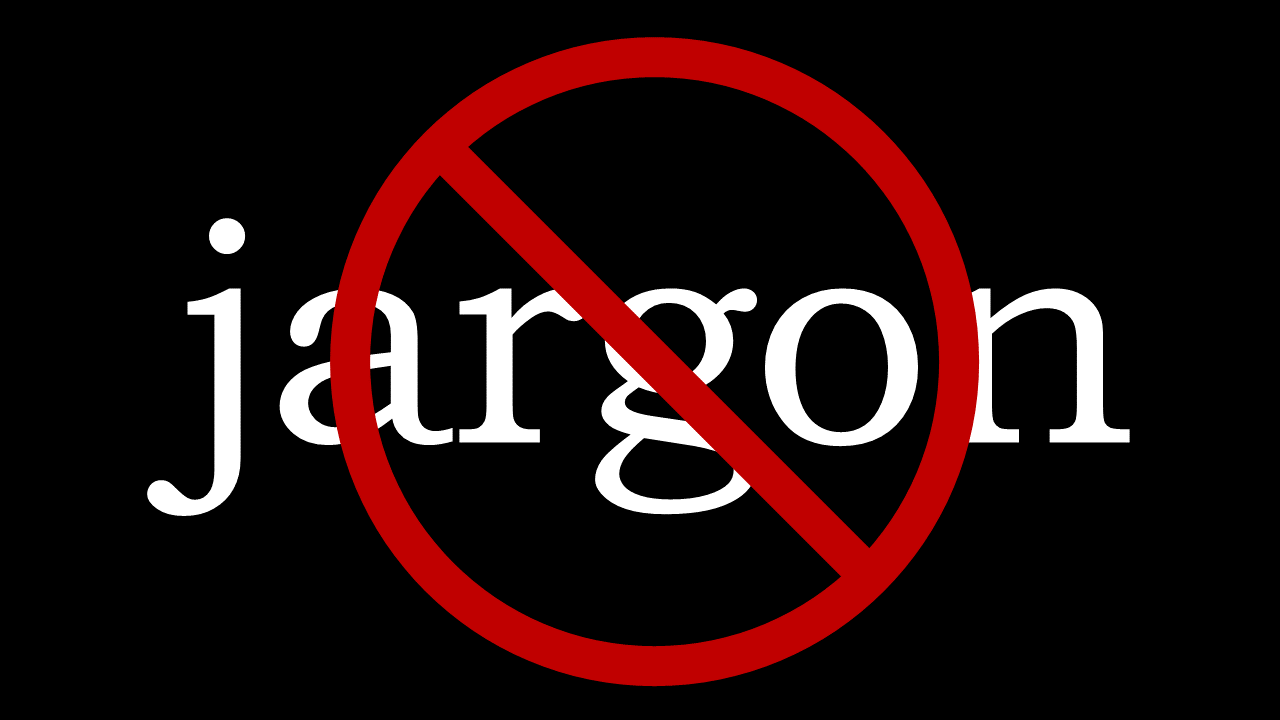There is no requirement that legal writing must be boring. Let’s take direction from journalists: Make introductions captivating; craft animated sentences that compel you to keep reading; and make general audiences feel smart about specific topics. We can learn these skills from journalists through reading their work, and, if we’re lucky, through journalists' edits on their own work.
In a creative—and brave—step away from the status quo, in 2010, top law firm O’Melveny & Myers LLP hired Pulitzer Prize winning journalist Jesse Katz to help the firm’s lawyers write better documents. We interviewed Jesse about his role and got his advice about lessons from journalism that we can apply to law. Here, Jesse models how to say more with fewer words and inspires you to write legal briefs worthy of the front page.
What is your role and how are you involved in legal writing?
I lead a team of editors in the Litigation Department of O’Melveny & Myers LLP, which means I help some of the country’s top lawyers develop, construct, and refine their written work. It saves them time and—because I’m not an attorney—it saves our clients money. Ideally, my contributions also make our briefs and motions more engaging and persuasive. As far as we’re aware, no other major law firm employs non-lawyer editors, all with backgrounds in journalism, to collaborate with attorneys.
How did you get from journalism to law?
I’m a refugee from the dying world of print whose staff-writer job vanished in the last great economic disruption. After a very happy career that spanned a quarter-century at the Los Angeles Times and Los Angeles magazine, I suddenly found myself cashing unemployment checks. It was a challenge to find an employer that valued my experience and that could afford to take a chance on an unconventional candidate for a job that had never existed. Nobody was sure what an editor would do at a law firm. But O’Melveny, which had managed to make it more than a century without an editor, was willing to set tradition aside and find out.
What can lawyers learn from journalists about working with editors?
Having a good editor is like listening to a tape recording of your own voice—someone to tell you, Yes, you really do sound like that. Even under the best conditions, talented writers still hit a duff note every now and again. We expend so much creative energy on bringing into the world something that didn’t previously exist that we can’t always hear ourselves. I’ve been the beneficiary of some brilliant editors who both crushed my ego and lifted me back up again, saving me from embarrassment while also expanding my horizons. Everything I offer our attorneys: I’ve tasted that medicine myself.
What is your top tip for helping lawyers better plan their writing to meet deadlines?
I’m a big believer in getting words down on the page as early as possible, no matter how inelegantly they fit together. If you’re a perfectionist, as many lawyers are (and need to be), it can be hard to accept that you might produce a draft that’s anything less than immaculate. But holding yourself to that standard will only leave you in knots and behind schedule. Let go of the fear that someone might peek over your shoulder and judge the ramblings on your screen—it’s a process, not a performance.
What is the importance of writing a captivating lead? How do you write one?
Too many legal briefs squander the prime real estate of that first paragraph on names, dates, definitions, and other formalities. Having started my career in newspapers—back when you had only a few lines of type before a story jumped to the back pages—I’m always looking for ways to hook the reader right out of the gates. In legal writing, that means turning a situation into a story, establishing a theme, and imposing a frame of your own around the facts and the law. The judge needs to feel in her gut, not just her head, that ruling for us is the right thing to do.
What are the qualities of a good story? How do you use storytelling in legal writing?
The old maxim of “show, don’t tell” applies to legal writing as much as any other genre. We all have the image in our head of the zealous lawyer pounding the table, insisting his argument is crystal clear and his adversary’s is patently absurd, but that’s not how you win. The best lawyers do what the best writers do: paint pictures, offer analogies, and illustrate why their ideas make sense. I once worked on a pro bono case for a client who’d missed her immigration hearing because of a medical emergency and needed to petition for a new date. An early draft said she had become extremely ill. I suggested we focus on the action, not the label, which meant explaining that a rare neurological disorder had required doctors to drill a hole in her skull and insert a shunt to relieve the pressure on her brain. That’s a human story, not a legal maneuver.
How do you add a journalist's “punch” to non-fiction writing?
At the risk of getting nerdy about writing mechanics, the simplest way to punch up any document is to focus on the part of speech that propels our sentences: verbs. Unlike “to be” verbs—your “it is” and “there are” constructions—muscular verbs animate ideas. We can see what’s happening, and to see is to understand. Strong noun-verb combos also leave no doubt about which person or thing is performing the action. Baseballs whiz. Bats crack. Gloves pop. Dull writing tends to be disembodied, a series of abstractions.
What problem do you see lawyers facing most frequently in writing that could be solved by applying advice from the field of journalism?
Practitioners in almost every profession grapple with the “curse of knowledge”: the inability to remember what it’s like not to have the expertise they’ve developed over years of study. Because lawyers have such highly specialized knowledge, they’re particularly susceptible to this information imbalance. They go down rabbit holes, immersing themselves in complex facts and mastering arcane bodies of law. But they still have to emerge and communicate—to connect with readers and remind them what’s at stake. And it’s easy to forget that even a very smart audience doesn’t need (or want) to know everything you know.
Because most journalists are generalists who write for general audiences, I think we’re especially well-equipped to help lawyers break the curse and convey their ideas in clear and accessible prose. Although I’ve learned a lot about the law in my decade of doing this work, I still like to say that my ignorance is my greatest asset!
About Jesse Katz
Jesse Katz is the first litigation editor in O’Melveny’s century-plus history. He previously worked at the Los Angeles Times, where he shared in two Pulitzer Prizes. He also worked at Los Angeles magazine, where he received the James Beard Foundation’s M.F.K. Fisher Distinguished Writing Award and the PEN Center USA’s Literary Award for Journalism. He is the author of a memoir, The Opposite Field.
You can learn more about Jesse’s adventures in law in this Bloomberg article, dated November 9, 2016, and this podcast from the Geek in Review, released February 19, 2020.






